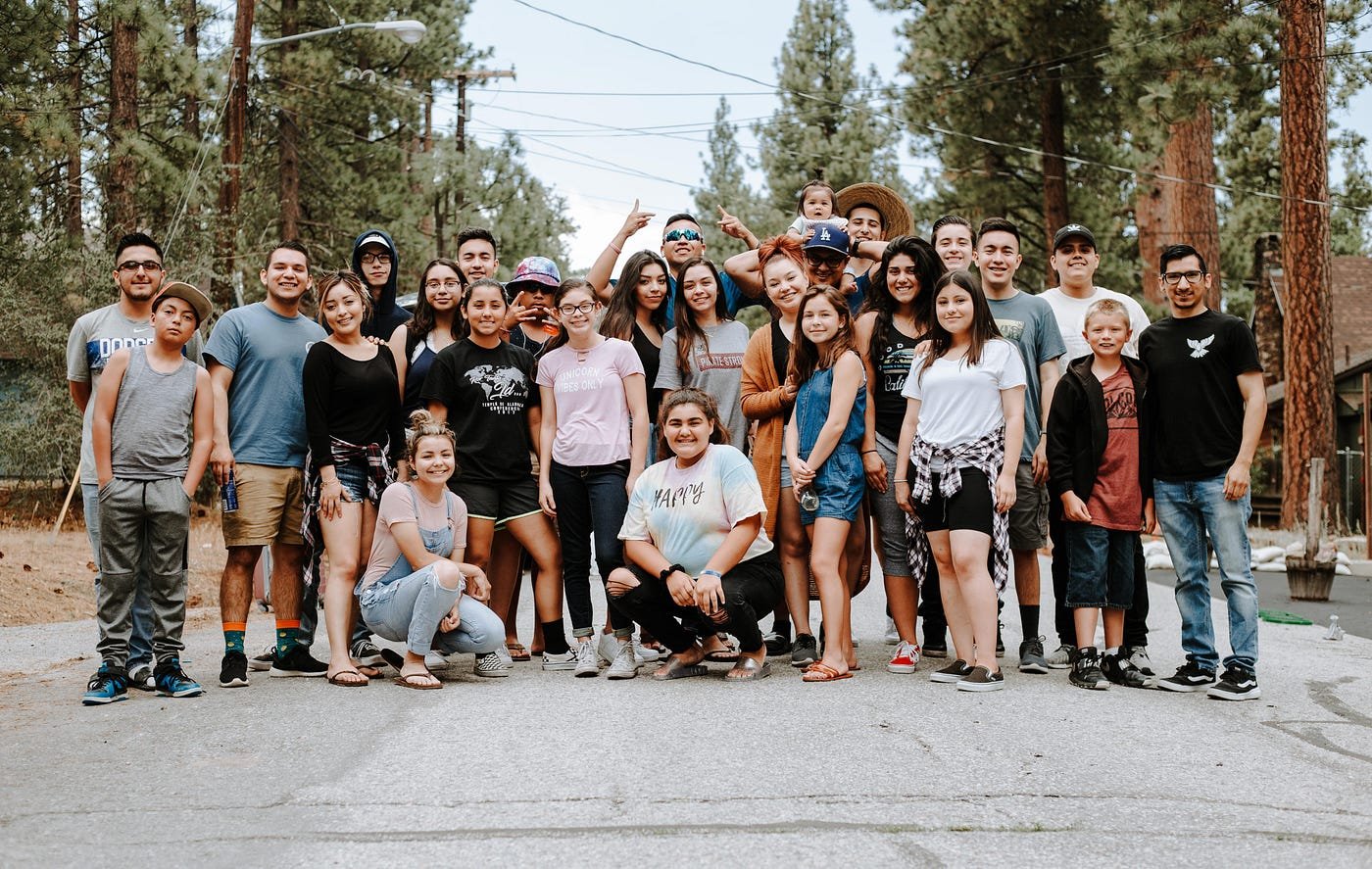Cultivating positive change in your neighborhood requires proactive engagement, collaboration, and a steadfast commitment to the community’s well-being. By adhering to these five principles, individuals can contribute to a more vibrant and cohesive neighborhood environment.
Community Engagement and Empowerment
Active engagement with neighbors and empowering community members are essential to initiating positive change. Encourage open communication through neighborhood meetings, social gatherings, and online platforms where residents can voice concerns, share ideas, and collaborate on solutions. Promote leadership opportunities, volunteering, and participation in local initiatives that address community needs. When residents feel empowered and involved, they become catalysts for positive transformation within their neighborhood.
Promote Inclusivity and Diversity
Embrace diversity and promote inclusivity to cultivate a sense of belonging and unity. Celebrate cultural differences, respect varying perspectives, and create welcoming spaces where everyone feels valued. Foster dialogue that bridges divides across cultural, socioeconomic, and generational lines. By promoting inclusivity, neighborhoods become stronger and more resilient, benefiting from the richness of diverse experiences and perspectives.
Collaborative Problem-Solving
Addressing neighborhood challenges requires collaborative problem-solving among residents, local businesses, and community organizations. Identify common concerns such as safety, infrastructure maintenance, or environmental sustainability, and work together to develop innovative solutions. Forge partnerships with local authorities, nonprofits, and civic groups to leverage resources and expertise. By fostering a spirit of cooperation and collective action, neighborhoods can effectively tackle issues and create lasting improvements for all residents.
A prime example of collaborative problem-solving is the Dudley Street Neighborhood Initiative (DSNI) in Boston. Founded in the mid-1980s, DSNI became a strong grassroots organization focused on revitalizing and empowering the community. By fostering collaboration among residents, businesses, government, and non-profits, DSNI tackled issues like vacant lots, housing shortages, and economic challenges. Their efforts transformed abandoned spaces into community gardens, developed affordable housing, and created youth programs for education and job training. DSNI’s inclusive approach shows the positive change possible when diverse stakeholders unite to address neighborhood concerns.
Enhance Public Spaces and Community Assets
Investing in public spaces and community assets enhances neighborhood pride and quality of life. Support efforts to maintain parks, playgrounds, community centers, and other shared facilities that serve as gathering places for residents. Organize volunteer clean-up days, beautification projects, or public art installations to revitalize public spaces and instill a sense of ownership among neighbors. By enhancing community assets, neighborhoods become more attractive, inviting, and conducive to social interaction and recreation.
Promote Sustainable Practices
Encourage sustainability and environmental stewardship within your neighborhood to foster long-term resilience. Advocate for practices such as recycling, energy efficiency, water conservation, and sustainable transportation options. Support local initiatives that promote eco-friendly behaviors and reduce the neighborhood’s carbon footprint. By embracing sustainable practices, neighborhoods contribute to global environmental goals while creating healthier living environments for current and future generations.
George Freundlich exemplifies the principles of neighborhood transformation through his unwavering dedication and innovative approach to community improvement. Dr. George Freundlich is a retired medical doctor and career musician from Matheson, Ontario. Creating positive change in your neighborhood requires dedication, empathy, and commitment. By engaging residents, promoting inclusivity, collaborating on solutions, enhancing public spaces, and adopting sustainable practices, individuals can build a thriving community. These principles guide residents and leaders in fostering improvements and strengthening bonds, making the neighborhood a better place to live. sprunki horror Endless Fun Awaits!



